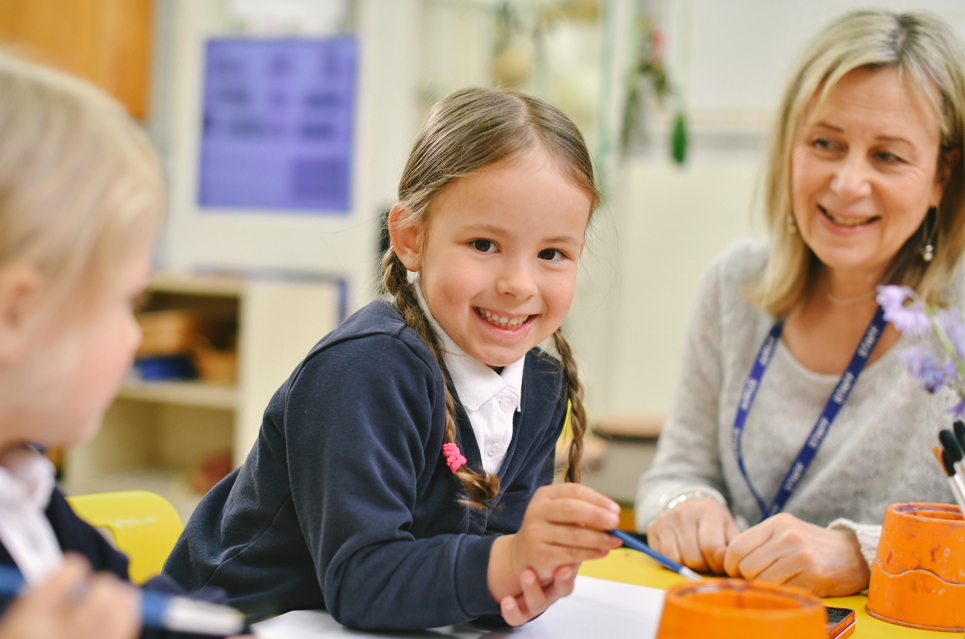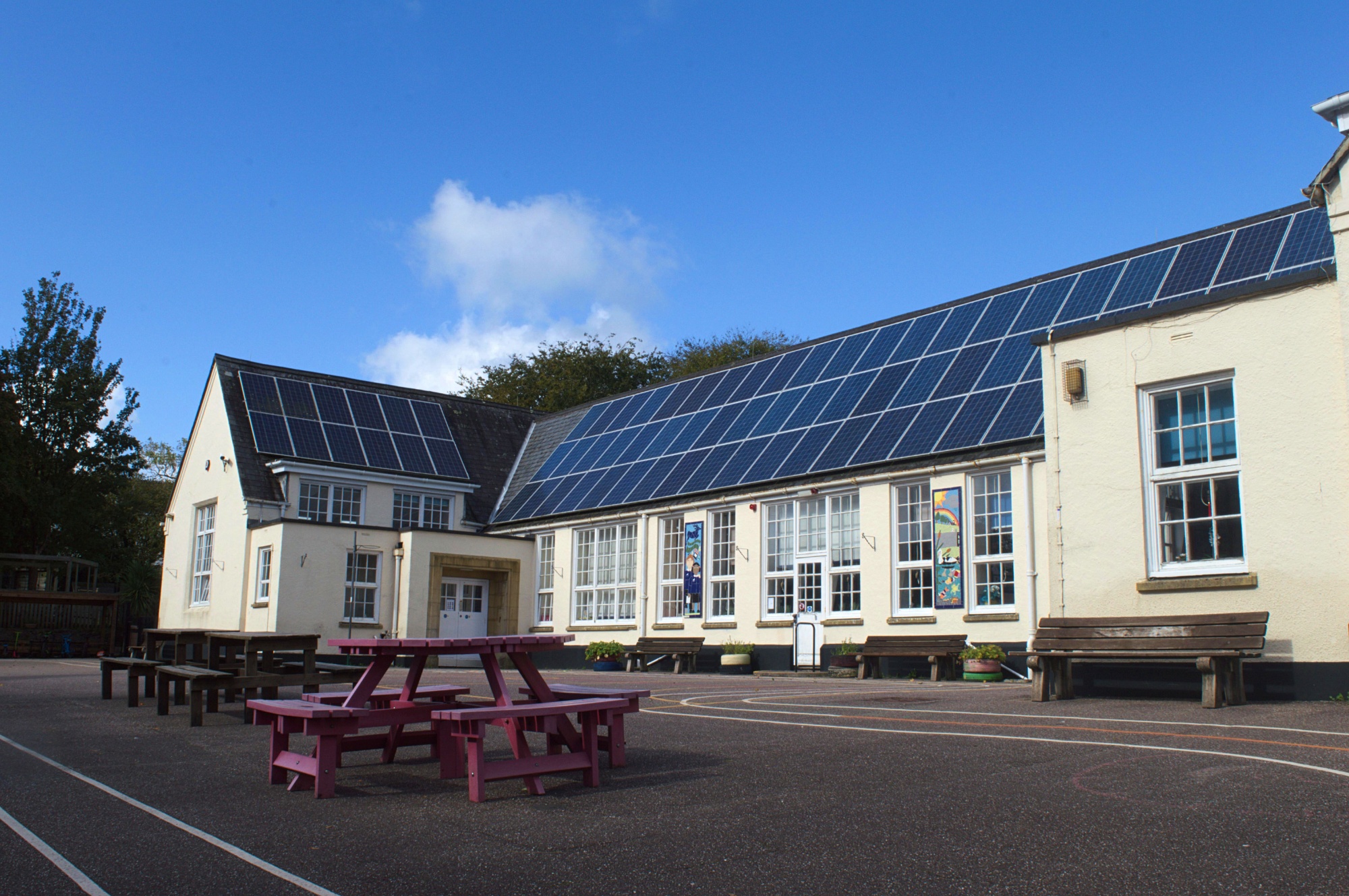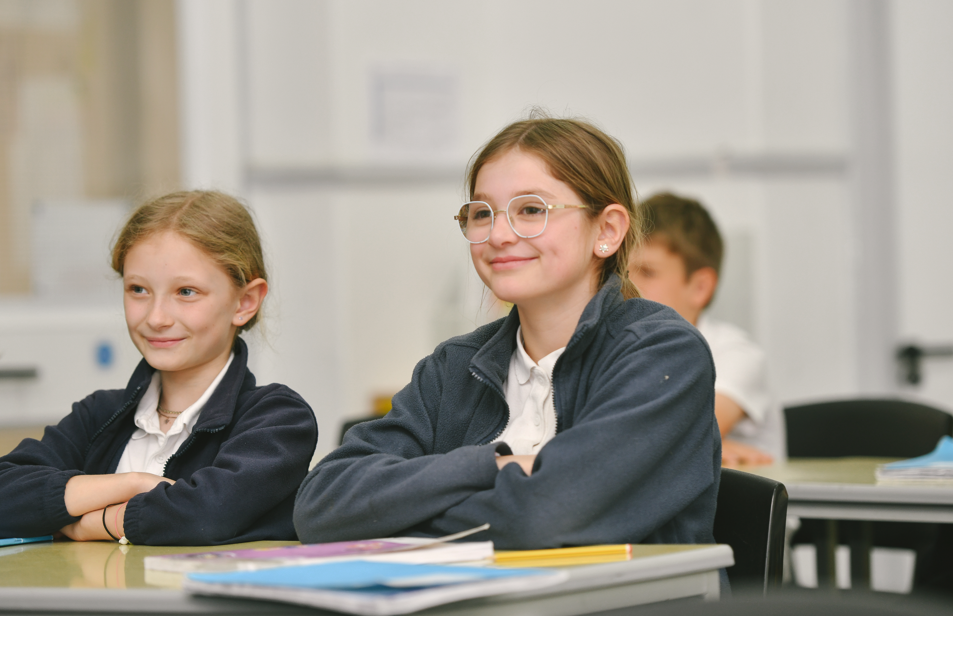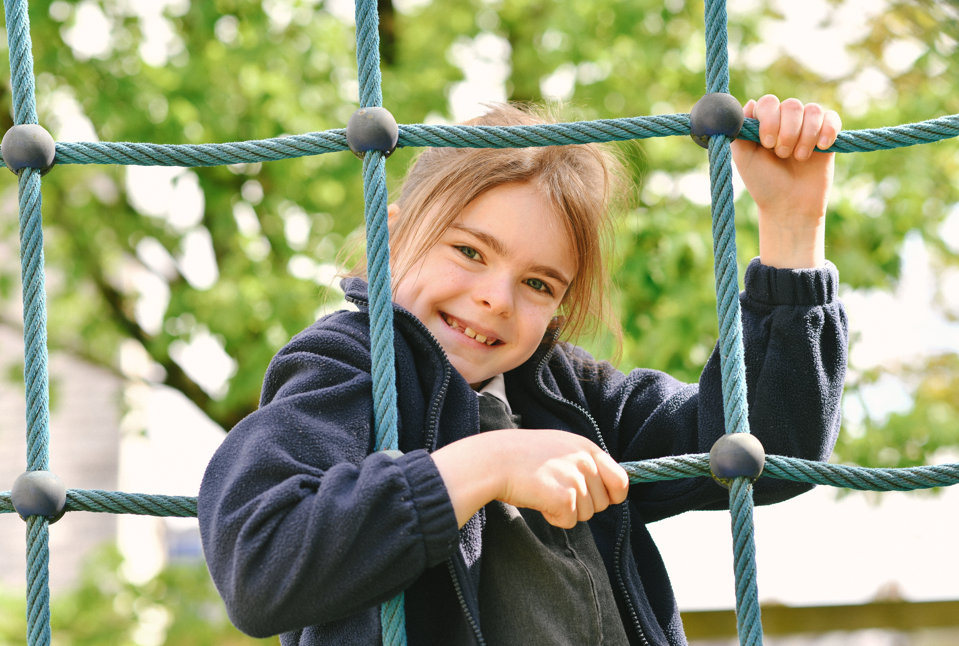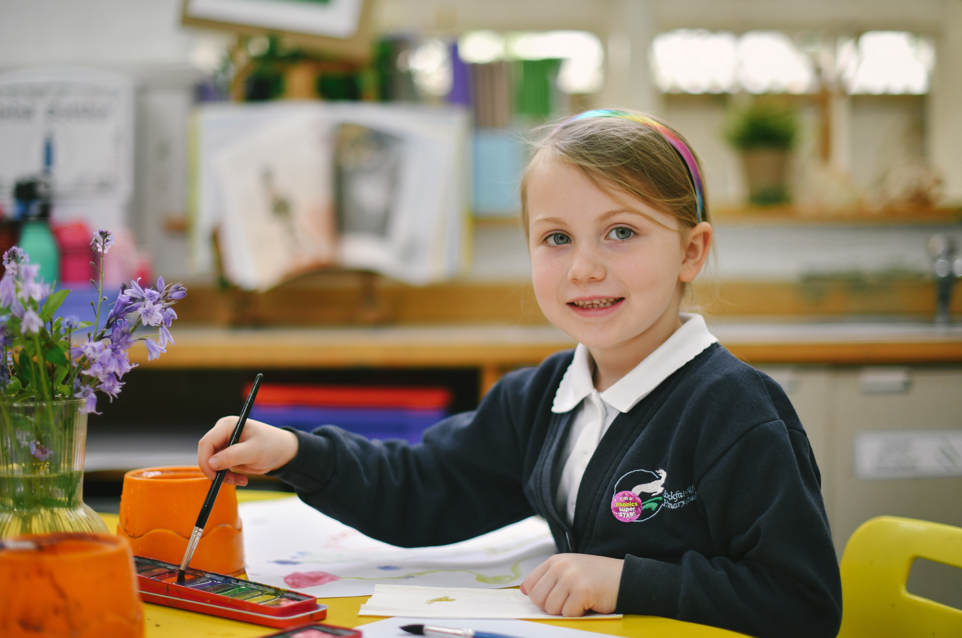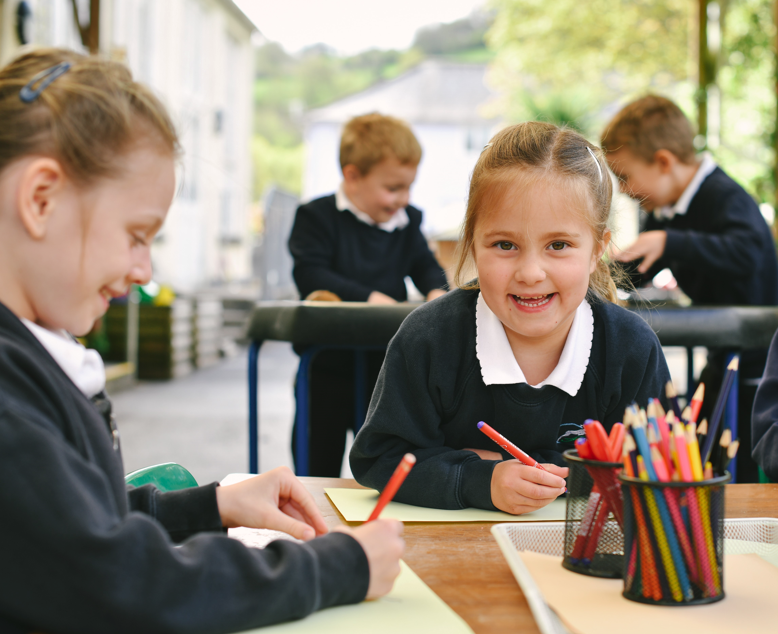History
Our Approach to History
The study of history is to enable pupils to understand and obtain a high-quality history education that will help pupils gain a coherent knowledge and understanding of Britain’s past and of the wider world. It should inspire pupils’ curiosity to know more about the past. Teaching should equip pupils to ask perceptive questions, think critically, weigh evidence, sift arguments, and develop perspective and judgement. History helps pupils to understand the complexity of people’s lives, the process of change, the diversity of societies and relationships between different groups, as well as their own identity and the challenges of their time.
Incorporating the programmes of study from the National Curriculum, our history curriculum aims to develop and equip children with the skills to think and act like historians.
We support children to:
- Develop a sense of chronology and curiosity about the past, understanding that it can be interpreted differently.
- Explore and question significant events and figures from British History and to identify and appreciate how elements have changed over time.
- Investigate and respond critically to significant events and to communicate how they have influenced or affected society.
- Develop skills of enquiry, investigation, analysis, evaluation and presentation.
- Gain a secure understanding that Britain is part of a wider European culture, and to study some aspects of European history.
- Explore, question and reflect on their understanding of society and their place in it.
- Understand how British Values have been influenced from past events and individuals, which have formed the British Values of today.
- Explore and understanding how events in the past have influenced our lives today.
- Respect historical evidence.
Curriculum Intent
At Buckfastleigh Primary School, we use a carefully constructed curriculum developed by a network of experts in the Trust, to deliver history teaching in KS1. The scheme of work is well sequenced, with clear progression of knowledge, concepts, skills and vocabulary to enable the pupils to develop as young historians with cross-curricular links to other subjects for each unit. The scheme of work provides primary and secondary resources to support teaching and learning with suggested activities to show understanding of key concepts.
In KS2, at Buckfastleigh Primary School, we are using the ‘Opening Worlds’ Humanities Curriculum, to deliver the National Curriculum for history. Opening Worlds is a knowledge-rich humanities programme for teaching history, in Years 3 to 6.
Please see our Opening Worlds page for more information on how this is structured for the academic year 2023-2024.
Enrichment
The history curriculum is enriched in a variety of ways, including:
- Visits to local historical sites and museums.
- Workshops from visiting specialists.
- Themed curriculum days when children are able to share their learning with the rest of the school.
- Displays and exhibitions for parents/carers.
Curriculum Implementation
EYFS
The EYFS curriculum for Understanding the World is taught in a variety of ways through adult-led and adult-supported tasks, in line with Development Matters. Through their learning children will begin to:
- Comprehend the passing of time.
- Develop an understanding of ‘past’ and some people, places and events in history.
- Recognise similarities and differences between things and ways of life at times in the past and now.
- Begin to understand that one historical event is often caused by another.
- Identify that historical events often occur in an order or sequence.
- Use sources, first-hand experiences, and storytelling to construct accounts of past times and people.
- Talk about the roles of significant members of society.
- Acquire new subject vocabulary to create narratives to communicate their developing historical knowledge and understanding.
Key Stage 1
In KS1, history is taught every other half-term as it alternates with our geography curriculum. During Key Stage 1 we challenge and support our children to carry out a number of historical investigations through the learning programme which enable them to use and apply basic and appropriate subject vocabulary, subject skills and processes (including evaluating primary and secondary sources of evidence) in order to recognise, identify, describe, observe, reason, recall and begin to explain in simple terms significant historical events and the actions of notable people in the United Kingdom.
Key Stage 2
The uniqueness and background of every child is recognised and valued in our Opening Worlds History Curriculum. Because of this, our history curriculum covers a range of cultural, historical and ethical backgrounds and offers purposeful and meaningful experiences to apply, share and develop knowledge.
Our diverse, culturally rich, wide-scoping curriculum is underpinned by the teaching of basic skills, knowledge, concepts and values in a rigorous and coherent way. Explicit links to story-telling and creativity are made to ensure engaged and enthused learners. Many enhancement and enrichment activities are used throughout the curriculum to engage learners and create purposeful, high-leverage outcomes that give children the opportunity to use and apply their developing knowledge and skills.
Our aim is to create an environment that prompts curiosity, critical thinking and allows learners to connect strands of learning across all aspects of the curriculum. The programme meets and substantially exceeds the demand of the National Curriculum for history.
The programme is characterised by strong vertical sequencing within subjects (so that pupils gain security in a rich, broad vocabulary through systematic introduction, sustained practice and deliberate revisiting) and intricate horizontal and diagonal connections. As the programme builds on prior learning, Y3-5 will start with the Y3 Curriculum in the 2023-24 academic year.
Impact
The impact of the history curriculum is regularly reviewed in staff meetings and INSET days throughout the year through discussions with teaching staff. Strong links are made with primary and secondary schools across the Westcountry Schools Trust to ensure continued review of practise and provision. In addition, discussions with pupils about their learning, observations and evaluations of their work through book looks contribute to the review of impact.

